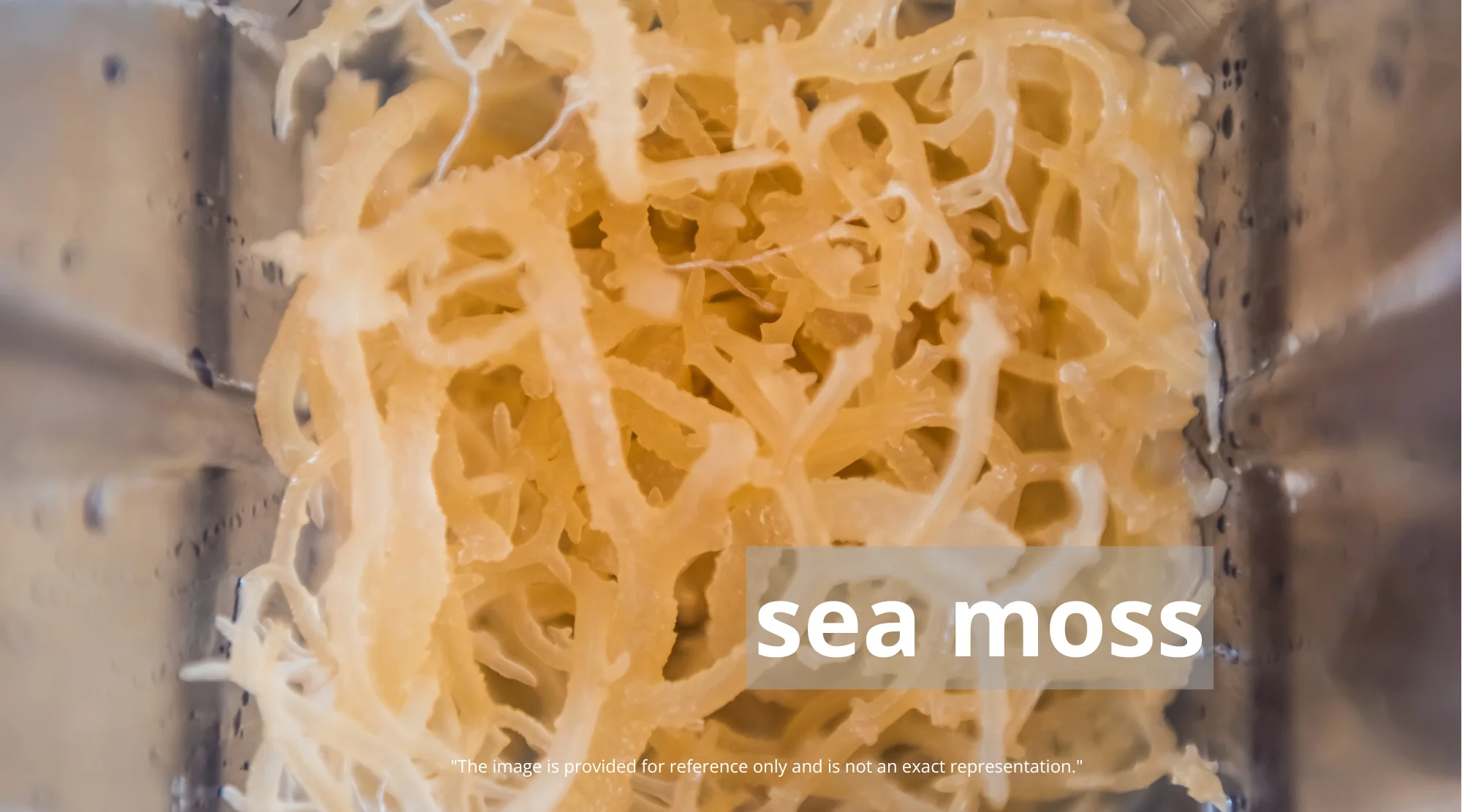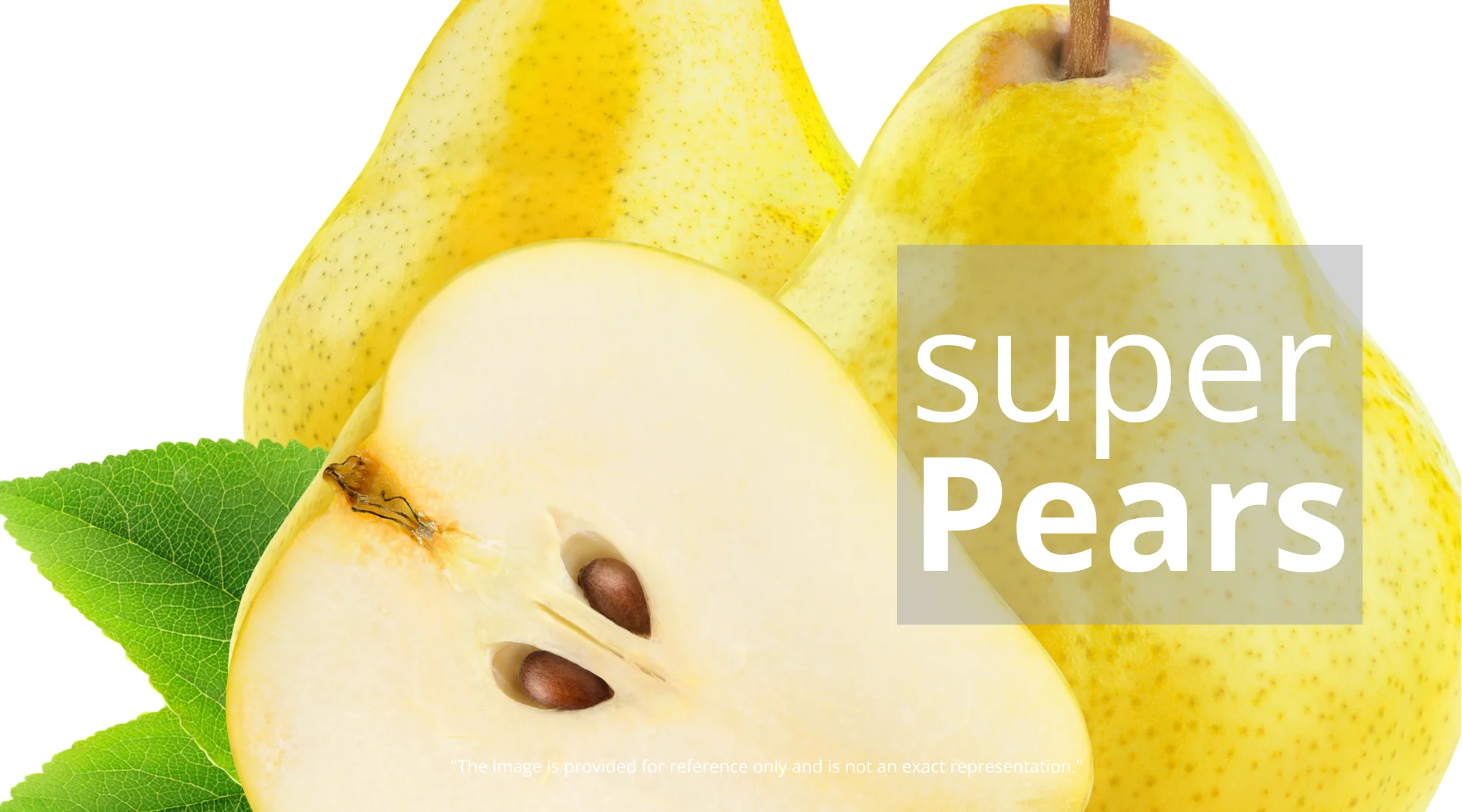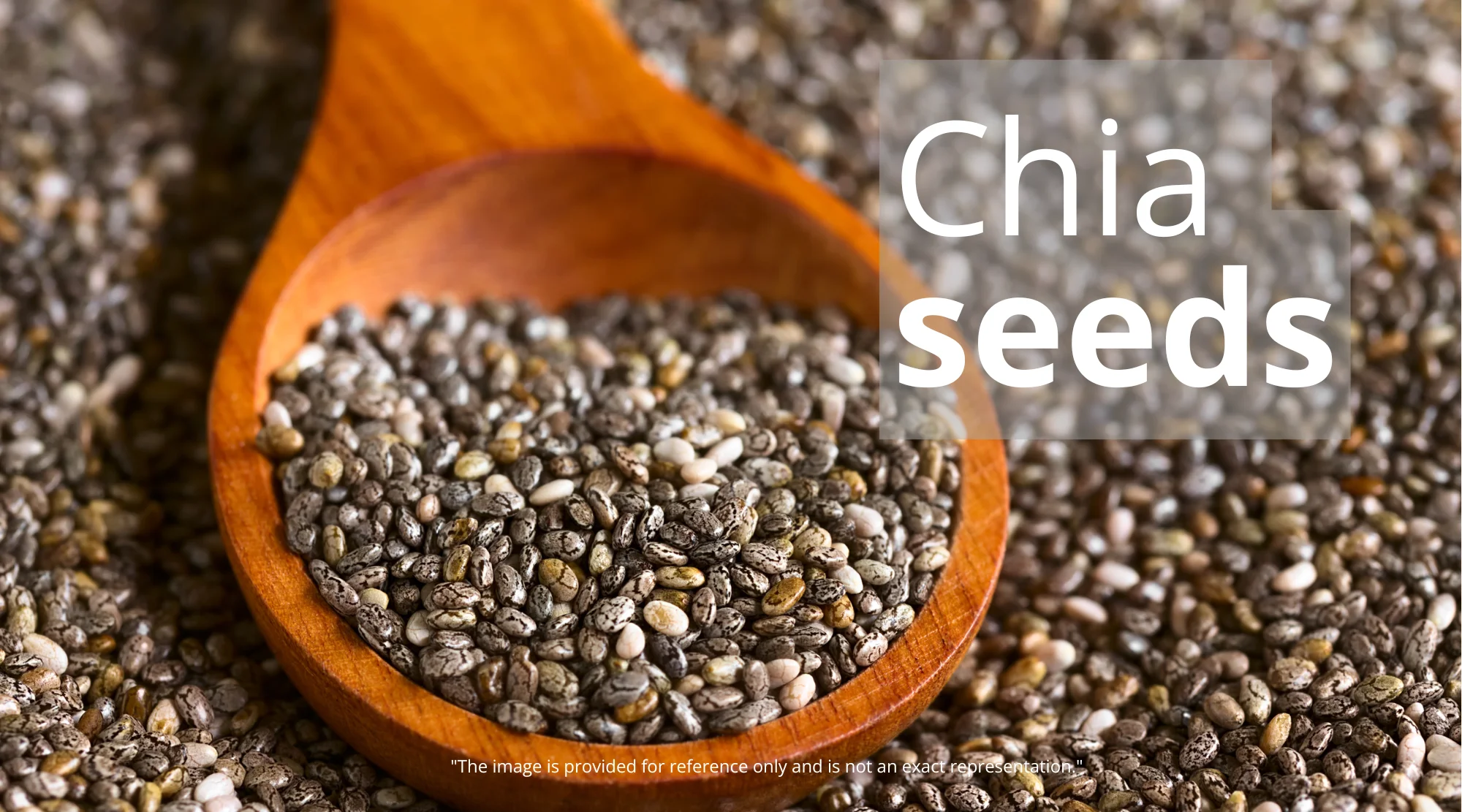Is sea moss truly the superfood sensation that beauty and health influencers are raving about? This marine algae, harvested from the ocean’s depths, has surged in popularity, promising a wealth of health benefits from improved skin to boosted immunity. But with so much hype surrounding it, it’s crucial to separate fact from fiction.
This article dives deep into the world of sea moss, exploring its purported advantages, potential drawbacks, and scientific evidence. Is it a genuine health booster or just another fleeting wellness trend? We’ll uncover the truth behind the claims and help you make an informed decision about incorporating sea moss into your health regimen.
What is Sea Moss and Where Does It Come From?
Sea moss, also known as Irish moss or Chondrus crispus, is a type of red algae that grows abundantly along the rocky Atlantic coasts of Europe and North America.

It’s been a part of traditional diets and medicinal practices for centuries, particularly in Ireland and the Caribbean. Historically, it was used as a source of nutrients during times of famine and as a remedy for respiratory ailments.
Sea moss thrives in cool, nutrient-rich waters, absorbing minerals and other essential compounds from its environment. This marine plant is typically harvested, cleaned, and dried before being processed into various forms, including gels, powders, capsules, and even used as a food additive.
The Allure of Sea Moss: What are the Claimed Benefits?
The popularity of sea moss stems from a long list of potential health benefits touted by influencers and wellness enthusiasts. These claims often center around the algae’s rich nutrient profile, which includes vitamins, minerals, and antioxidants. But how many of these claims are scientifically validated?
Here are some of the most commonly cited benefits of sea moss:
- Nutrient Powerhouse: Sea moss contains essential minerals like iodine, potassium, calcium, and magnesium.
- Thyroid Support: The high iodine content is thought to support healthy thyroid function, which is crucial for metabolism and hormone regulation.
- Immune Boosting: Rich in antioxidants and vitamins, sea moss is believed to strengthen the immune system and protect against illness.
- Improved Digestion: The mucilage content (a gel-like substance) in sea moss can soothe the digestive tract and promote gut health.
- Skin Health: Some proponents claim that sea moss can improve skin hydration, reduce inflammation, and even treat conditions like eczema and acne.
- Weight Management: Sea moss is low in calories and high in fiber, which may contribute to feelings of fullness and support weight management.
- Energy Boost: The mineral content of sea moss is thought to combat fatigue and increase energy levels.
It’s important to note that while sea moss does contain a variety of beneficial nutrients, many of these claims are based on anecdotal evidence and preliminary research. More robust scientific studies are needed to fully understand the extent of sea moss’s health benefits.
Debunking the Myths: What Does the Science Say About Sea Moss?
While the anecdotal evidence surrounding sea moss is compelling, it’s crucial to examine the scientific research. The truth is that there’s still a lack of extensive human studies specifically focused on sea moss. However, some studies have investigated its individual components and their potential effects.
For example, the high iodine content in sea moss can support thyroid function, but excessive iodine intake can also be harmful. Individuals with pre-existing thyroid conditions should exercise caution and consult with a healthcare professional before consuming sea moss regularly. You can find more information about this by reading “Magnesium Not Working? Unlocking the Secrets to Absorption & Benefits”
Similarly, the antioxidants present in sea moss may offer immune-boosting benefits and protect against cellular damage. However, antioxidant benefits can also be obtained from a variety of other fruits, vegetables, and supplements. For more information, read “Brain Health: Proven Strategies to Protect Your Mind and Boost Cognitive Function.”
The mucilage in sea moss could promote gut health and soothe digestive issues, but other fiber-rich foods can also provide similar benefits. A balanced diet rich in fruits, vegetables, and whole grains is generally recommended for optimal digestive health.
Ultimately, while sea moss shows promise, it’s not a magic bullet. It’s crucial to approach the claims surrounding it with a healthy dose of skepticism and rely on evidence-based information.
Potential Risks and Side Effects of Sea Moss Consumption
Despite its purported health benefits, sea moss is not without potential risks. Overconsumption of sea moss can lead to several side effects, especially related to its high iodine content.
- Thyroid Issues: Excessive iodine intake can cause hyperthyroidism (overactive thyroid) or hypothyroidism (underactive thyroid), especially in individuals with pre-existing thyroid conditions.
- Heavy Metal Contamination: Sea moss can absorb heavy metals like arsenic, mercury, and lead from its environment. Consuming contaminated sea moss can lead to heavy metal toxicity, which can have serious health consequences. It’s important to source sea moss from reputable suppliers who test for heavy metals.
- Digestive Problems: In some individuals, sea moss can cause digestive issues like bloating, gas, and diarrhea, especially when consumed in large quantities.
- Allergic Reactions: Although rare, some people may be allergic to sea moss. Symptoms of an allergic reaction can include skin rash, itching, swelling, and difficulty breathing.
It’s crucial to consume sea moss in moderation and to be aware of these potential risks. Consult with a healthcare professional before adding sea moss to your diet, especially if you have any pre-existing health conditions or are taking medications.
How to Incorporate Sea Moss into Your Diet Safely
If you’re considering incorporating sea moss into your diet, it’s essential to do so safely and responsibly. Here are some tips to minimize risks and maximize potential benefits:
- Source from Reputable Suppliers: Choose sea moss from reputable suppliers who test for heavy metals and other contaminants.
- Start with Small Amounts: Begin with a small dose of sea moss and gradually increase your intake as tolerated. A typical serving size is 1-2 tablespoons of sea moss gel per day.
- Limit Your Intake: Avoid consuming excessive amounts of sea moss to minimize the risk of iodine overload and other side effects.
- Prepare Properly: Rinse sea moss thoroughly before use to remove any dirt or debris. Soak it in water for several hours to soften it before blending it into a gel.
- Consider Alternative Sources: If you’re concerned about the potential risks of sea moss, consider obtaining the same nutrients from other, more widely studied food sources.
Sea moss can be added to smoothies, juices, soups, and other dishes. It can also be used as a vegan thickening agent in desserts and sauces.
Is Sea Moss Right for You? Weighing the Pros and Cons
Ultimately, the decision of whether or not to incorporate sea moss into your diet is a personal one. Weigh the potential benefits against the potential risks and consider your individual health needs and circumstances.
Pros:
- Rich in essential minerals like iodine, potassium, calcium, and magnesium.
- May support thyroid function (due to iodine content).
- Contains antioxidants that can boost the immune system.
- May promote gut health and soothe digestive issues.
Cons:
- Lack of extensive scientific research to support all claimed benefits.
- Potential for thyroid problems due to high iodine content.
- Risk of heavy metal contamination.
- Possible digestive side effects.
- Potential allergic reactions.
Before making a decision, consult with a healthcare professional or registered dietitian. They can assess your individual needs and help you determine if sea moss is a safe and appropriate addition to your diet. Remember to check out “7-Day High-Protein Mediterranean Diet Meal Plan for Fall: Fuel Your Body!” for more inspiration on how to fuel your body with nutritious foods.
The Bottom Line: Sea Moss, a Promising Algae with Caveats
Sea moss is a nutrient-rich algae that has gained popularity as a health supplement. While it offers several potential benefits, including thyroid support, immune boosting, and improved digestion, it’s crucial to approach the claims surrounding it with a critical eye. The scientific evidence is still limited, and there are potential risks associated with overconsumption and contamination.
If you’re considering adding sea moss to your diet, source it from reputable suppliers, consume it in moderation, and consult with a healthcare professional. Remember that a balanced diet, regular exercise, and healthy lifestyle habits are the foundation of overall well-being. Sea moss may offer some additional benefits, but it’s not a replacement for a comprehensive approach to health.
[External Link: National Institutes of Health]
[External Link: World Health Organization]
[External Link: Mayo Clinic]














Post Comment